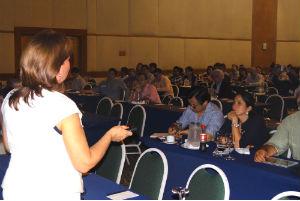 The first Cold Chain Congress held in Colombia brought together a remarkable number of members of the industry. Now the challenge for the Global Cold Chain, organizer of the event, is to position itself within the region.
The first Cold Chain Congress held in Colombia brought together a remarkable number of members of the industry. Now the challenge for the Global Cold Chain, organizer of the event, is to position itself within the region.
by Duván Chaverra Agudelo
The Cold Chain sector is one of the most important in the refrigeration industry at the global level. The responsibility of manufacturers, suppliers, installers and technicians in this aspect is quite important for Latin America to open a space dedicated exclusively to this niche market.
That is why the Global Cold Chain Alliance held for the first time in Colombia the Latin American Cold Chain Congress, which was held at the Hilton Hotel in Cartagena, and which had attendees from different countries in the region. This was the second event in the region after the one held in Mexico in 2013.
During the congress, experts in the field offered specialized talks such as the one presented by the Mexican Mario García, from CMT – Technik, related to the optimization, control and protection in refrigeration plants in which he unveiled a new compressor technology that ensures savings of 50% of energy.
Talks were also offered where the benefits of CO2 refrigerant for low temperature chambers were shown, and the latest refrigeration trends with the already known ammonia. Likewise, other conferences related to the topic of controls for refrigerated transport, intelligent energy saving systems, food safety, were highlighted during the two days of the congress.
But perhaps many of you still don't know about the work of the Global Cold Chain Alliance in Latin America and around the world. For that reason, during the event in Cartagena we had the opportunity to speak with Debbie Corado, director for Latin America of the Alliance, to learn about the projects they have in mind and about the balance left by this event in its first version.
ACR: What are the objectives of the Alliance with the holding of the congress and how was the previous experience in Mexico?
Debbie Corado: This is the second congress we have held in Latin America and we are really pleased because we have achieved our objectives, such as strengthening the cold chain in the region, that companies have more knowledge about the trends that govern the market about the opportunities that exist so that each one can improve their operations and work in the best way.
Last year we had our first experience at the Congress in Mexico. It was quite good and that's why we did it again in Colombia. The idea is to hold this event every year in different countries. Last year we had about 20 sponsors who believed in us and the work we do, and we also had about 150 participants from different food sectors.
ACR: What can you tell us about the cold chain market in Latin America?
Debbie: I have been working in the cold chain in Latin America for seven years and I have seen how it has evolved, grown and strengthened. The region is very diverse, in some countries the cold chain is quite developed as in Chile, Brazil and Mexico, which are countries with infrastructure to handle products that need controlled temperature, but there are other countries that require our support and that is why we are here.
One of them is Colombia. Here we have been working for more or less three years with different activities; we realized that it is a country that needs to have more knowledge, train companies, people, raise awareness of the importance of keeping perishable products at their temperature. But we have seen that it is a dynamic country, where its companies feel committed to improving, to having better practices and now with the free trade agreement, to be able to be more competitive.
ACR: What balance does the event in Colombia leave for you?
Debbie: For us every event we do is a great challenge, because the issue of cold chain does not have the importance that it should, it is a very arduous task: working with companies, inviting them to participate and above all that they create in an organization that in the United States is well known, we are the leading institution there but in Latin America they still do not know us and we have done a pretty good job to make ourselves known.
The positive thing about this event is that companies are realizing that there are organizations like us that can provide them with technical support resources, that we can solve their problems and above all connect them with organizations, experts or other entities that can help them improve.
Another positive issue is that this year we had the presence of nine countries, such as Peru, Bolivia, Ecuador, Mexico, Venezuela, Spain, Brazil and that is a good sign about the work we are doing. I also think it is an excellent opportunity for participants to have very good links and to be able to share the differences between each country. Another advantage is that the problems that exist were discussed and we analyzed how we can solve them.
ACR: What future awaits the Global Chain Alliance?
Debbie: In Latin America our strategy is aimed at having a greater presence, we want to reach more companies and help them. How are we going to do it? With this type of events. Next year we return to Mexico to give continuity to what we have already done, we will be in León, Guanajuato, and this is the event that brings together several leaders in the region. We also have webinars, workshops and the "What is the Institute" program, which is a cold chain preparation course that lasts three years and we do it in Panama.
Outstanding
About the Global Cold Chain Alliance
The Global Cold Chain Alliance (GCCA) is an organization that brings together several groups and acts as a communication, liaison and education platform for each link in the cold chain. The GCCA is composed of members of the International Refrigerated Warehouse Association, the World Food Logistics Organization, the International Refrigerated Transport Association and the International Association for the Construction of Cold Warehouses.
Through these core partners, the GCCA currently represents more than 1,300 member companies in more than 65 countries. The GCCA has six international offices around the world, including the central international office in Alexandria, Virginia, USA, and offices in China, Europe, India, Latin America and Russia.
Any local or foreign company and/or international associations representing a sector of the cold chain (processing, transport, storage, retail), product distributors, government entities, education and research institutions, or the commercial press can become a member of the GCCA.





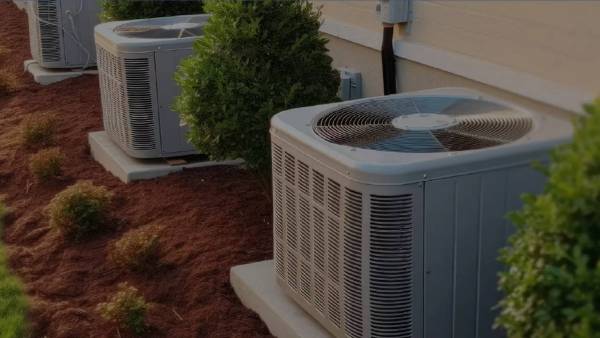





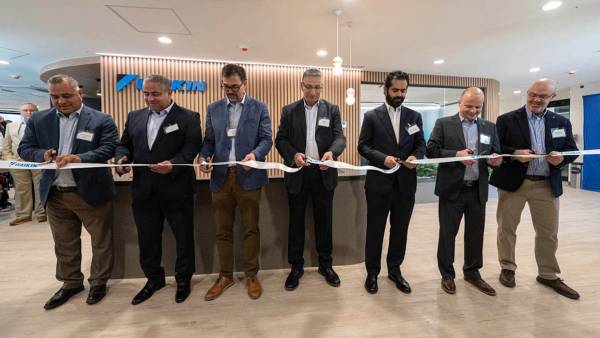

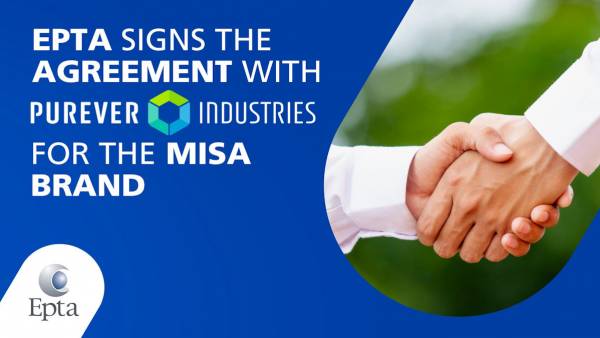
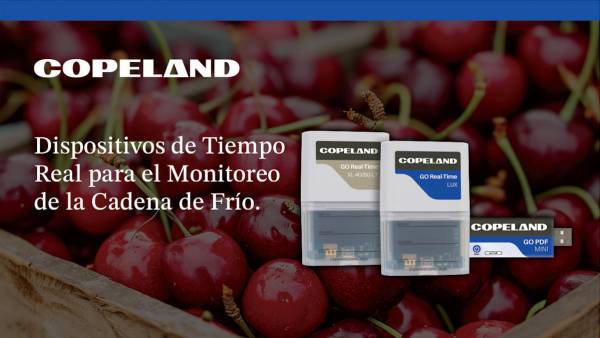
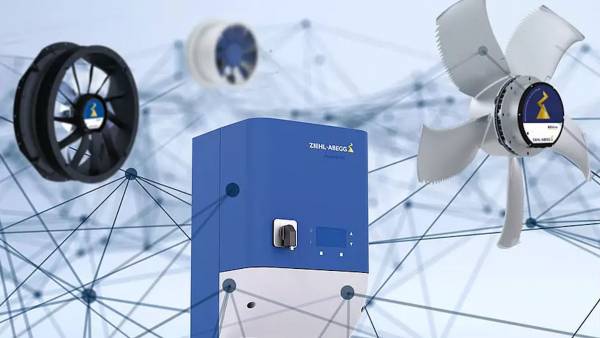








Leave your comment